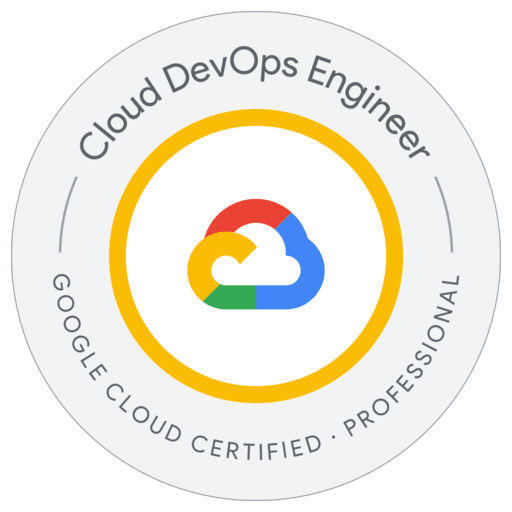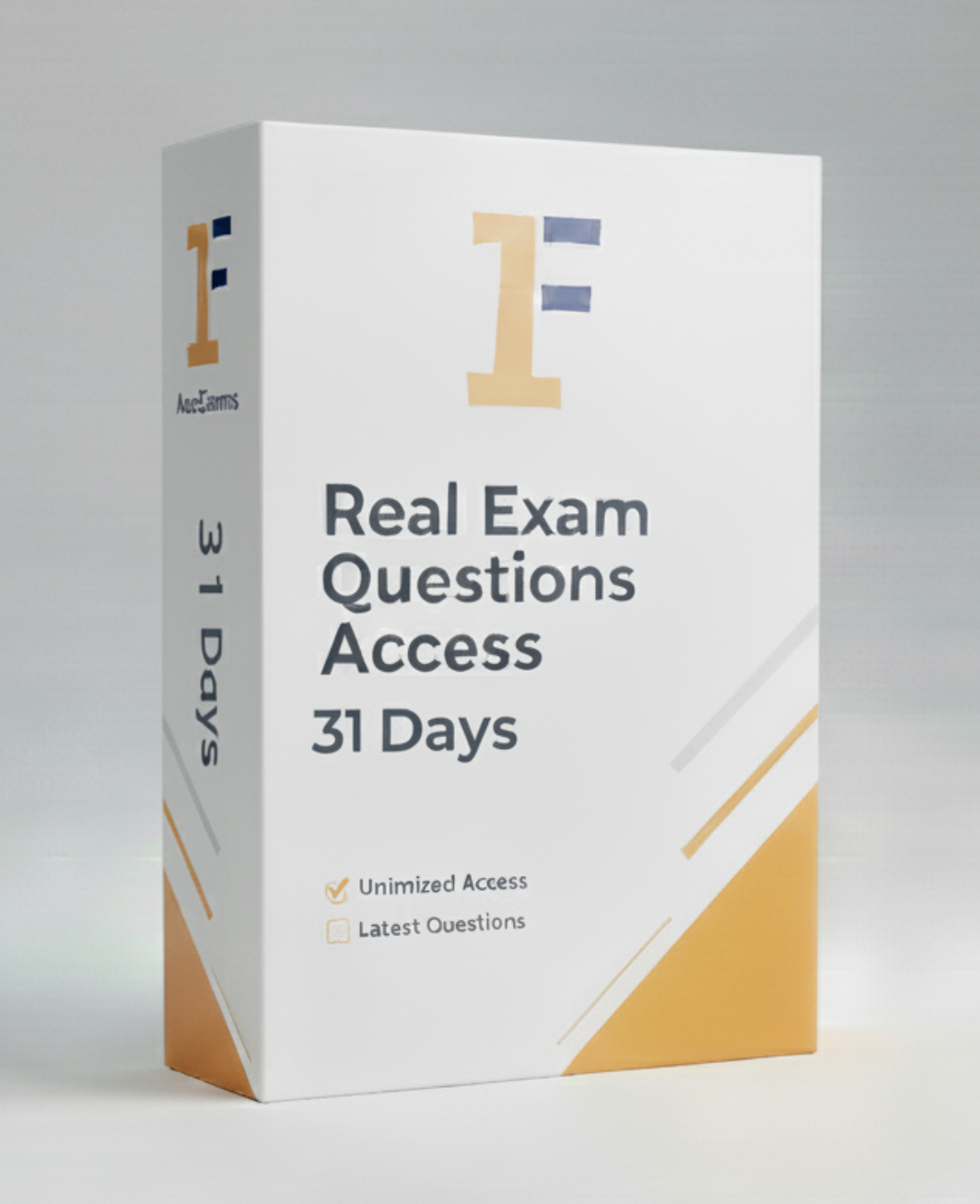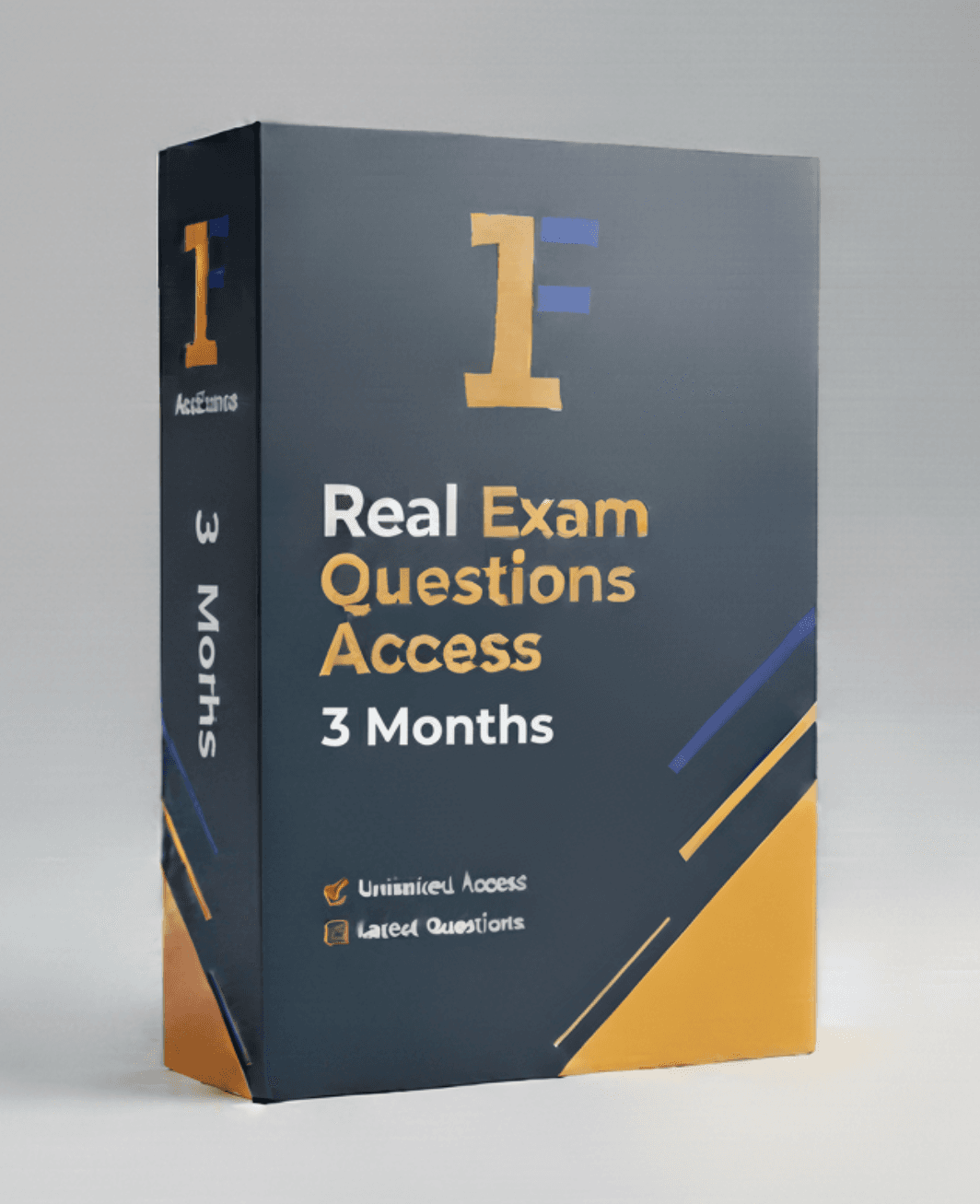

Professional Cloud DevOps Engineer - Google Cloud Certified Exam Questions
Question 1 Single Choice
You are prepared to deploy a new feature for a web-based application in the production environment. Your objective is to utilize Google Kubernetes Engine (GKE) to execute a phased rollout to half of the web server pods.
What step should you take?
Question 2 Single Choice
You are operating an application on Compute Engine and utilizing Cloud logging for log collection. You have identified that personally identifiable information (PII) is unintentionally appearing in specific log entry fields. Your objective is to promptly prevent these fields from being written into new log entries.
What should you do?
Question 3 Single Choice
You are responsible for an application running on a Compute Engine. This application employs a custom HTTP server to expose an API that is accessed by other applications through an internal TCP/UDP load balancer. A firewall rule currently allows access to the API port from 0.0.0.0/0. Your task is to configure Cloud Logging to log each IP address that accesses the API with the fewest number of steps.
What should you do first?
Question 4 Multiple Choice
You provide support for a multi-region web service operating on Google Kubernetes Engine (GKE), which is managed by a Global HTTP/S Cloud Load Balancer (CLB). Due to legacy reasons, user requests are initially processed by a third-party Content Delivery Network (CDN) before being directed to the CLB. While an availability Service Level Indicator (SLI) is already in place at the CLB level, you seek to enhance monitoring to address potential risks such as load balancer misconfigurations, CDN failures, or other global networking issues.
Where should you implement this new SLI? (Select two options.)
Question 5 Single Choice
You are tasked with establishing a Cloud Monitoring SLO for an upcoming service launch. Your goal is to ensure that service requests are processed in under 300 milliseconds at a minimum of 90% efficiency each calendar month.
What step should you take to determine the appropriate metric and evaluation method for this SLO?
Question 6 Single Choice
You have an application deployed on Cloud Run with a global user base.
To ensure users are routed to the nearest region for low latency responses, how should you configure Cloud Run?
Question 7 Single Choice
You are in the process of deploying a Cloud Build job responsible for deploying Terraform code whenever a Git branch undergoes an update. During testing, you've encountered a failure in the job, and the build logs indicate the following error:
- "Initializing the backend...
- Error: Failed to get existing workspaces: querying Cloud Storage failed: googleapi: Error 403"
To resolve this issue while adhering to Google-recommended practices, what should you do?
Question 8 Single Choice
You have a multi-step Cloud Build pipeline for building and deploying your application to Google Kubernetes Engine (GKE). You want to integrate this pipeline with a third-party monitoring platform by sending build information via an HTTP POST request to a webhook. Your goal is to minimize the development effort required for this integration.
What is the recommended approach?
Question 9 Multiple Choice
You are setting up a CI/CD pipeline in Cloud Build to build an application container image. The application code is stored in GitHub. Your company's policy mandates that production image builds are exclusively executed against the main branch, and all pushes to the main branch must be approved by the change control team. You aim to automate the image build process to the greatest extent possible.
What should you do? (Choose two options)
Question 10 Single Choice
You are monitoring a service that relies on n2-standard-2 Compute Engine instances to serve large files. Users have reported slow download speeds. Your Cloud Monitoring dashboard indicates that your VMs are operating at peak network throughput.
To enhance network throughput performance, what action should you take?





